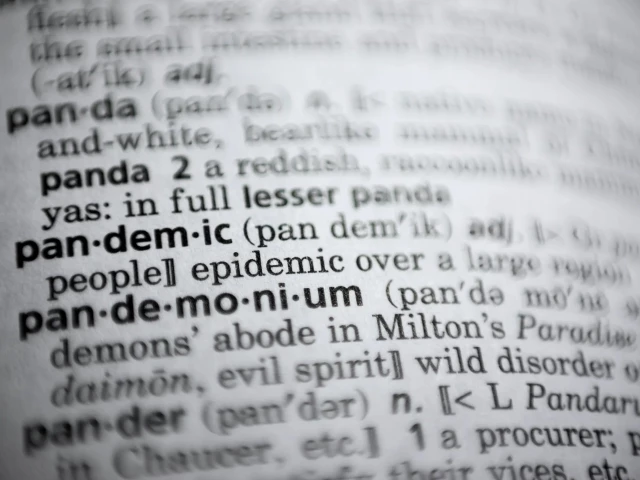Merriam-Webster dictionary's new update is 'bussin'
The latest edition adds over 5,000 entries, balancing tradition with modern language trends

Merriam-Webster has released a new edition of its Collegiate Dictionary, the most extensive update in years. The revision adds more than 5,000 new words, senses, and subentries, aiming to capture how English continues to evolve across technology, culture, health, and everyday life.
The editors highlight that many of the updates are not entirely new words but new senses, meaning fresh meanings for existing entries. These adjustments show how everyday language adapts quickly to changes in society. The new edition includes scientific and technical terms such as “AI hallucination,” “massive MIMO,” and “trauma-informed,” alongside expressions that arose during the pandemic like “rule of six.”
Merriam-Webster also made space for modern slang and cultural expressions that have become part of daily conversation, particularly those popularized by Gen Z and online communities. New entries include “rizz,” referring to charm or romantic appeal, “beast mode,” meaning peak performance, “doomscroll,” the act of consuming endless negative content online, and “adulting,” describing the process of handling adult responsibilities. Other additions include “simp” for someone overly submissive in romance, “mid” for something mediocre, “bussin” to describe something excellent or delicious, and “thirst trap” for a photo or video meant to draw attention.
Beyond slang, the dictionary now features terms like “dad bod,” “cold brew,” “ghost kitchen”. These additions reflect how digital culture, food trends, and shifts in lifestyle are shaping everyday vocabulary.
The Collegiate Dictionary has a long history in the United States as one of the most widely recognized and authoritative reference books. It has undergone multiple revisions over more than a century, and this edition is being described as a comprehensive refresh. Editors acknowledge that there is always a lag between how quickly language changes in daily life and how soon those changes appear in a published dictionary. Every new word or sense requires evidence, documentation, and proof that its use is widespread and lasting rather than fleeting.
The editors stressed that print still plays an important role, even in the digital age. The Collegiate Dictionary remains widely used in classrooms, libraries, and academic institutions, offering a trusted reference that balances tradition with timely updates. The new edition also places emphasis on inclusivity, with several definitions revised or expanded to reflect social awareness and identity-based usage.
The updated edition is expected to reach schools, libraries, and bookstores soon, providing readers with an authoritative reference that bridges classic scholarship and modern language use.



















COMMENTS
Comments are moderated and generally will be posted if they are on-topic and not abusive.
For more information, please see our Comments FAQ